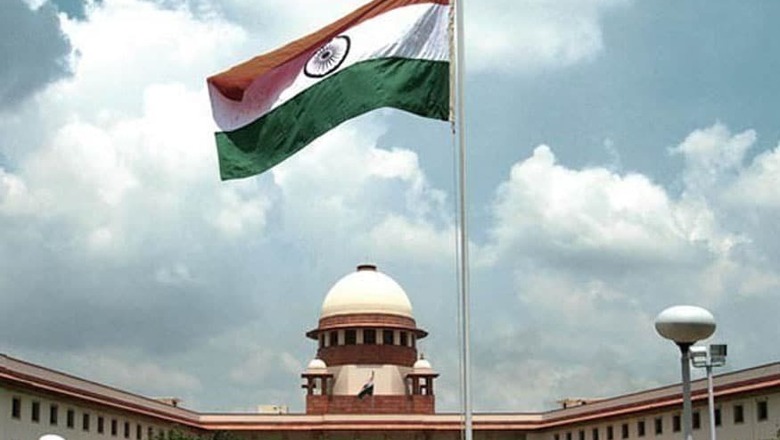
views
New Delhi: Ten years after the law was framed, the 48 lakh-strong unorganised workforce in India may finally get its due.
The Supreme Court has ordered the state governments to start registering at least 10 percent of the estimated workers every month, starting January 2019.
With a view to have the entire workforce registered by the end of next year, the top court has made chief secretaries of all the states and Lieutenant Governors in union territories accountable for completion of the task.
"We direct the chief secretary of all the States and Administrators of all the Union Territories to start registering 10% of the estimated number of workers every month starting from the month of January, 2019 and submit a Report to this Court by January 31, 2019," ordered a bench headed by Justice Kurian Joseph.
The bench also directed the central government, through the Ministry of Labour and Employment, to make available to all the states and union territories the revised registration module for unorganised workers by the end of December.
The order was passed after hearing Vinod Kumar, Director, Ministry of Labour and Employment, and an official from Rashtriya Swasthya Bima Yojana (RSBY). Both these officials had been summoned by the Court on the previous date of hearing.
The directive by the bench has come three months after it restrained the central government from disbursing any more funds for the states, which have not registered the domestic workers till date.
India has around 48 lakh domestic workers, including 30 lakh women. But the unorganised workforce is bereft of social security cover, fair terms of employment, grievance redressal and dispute resolution for want of a regulatory and institutional mechanism.
The apex court has been nudging the states and union territories to register domestic workers as per the mandate of the Unorganised Workers’ Social Security Act, 2008.
In May 2017, the central government had constituted National Social Security Board in terms of the Act after the Court set a three-month deadline.
NGO Shramjeevi Mahila Samiti, led by senior lawyer Colin Gonsalves, has sought to highlight the plight and harassment of the domestic workers, which are subjected to trafficking and are made to suffer owing to the collusion between the placement agencies and the police.



















Comments
0 comment